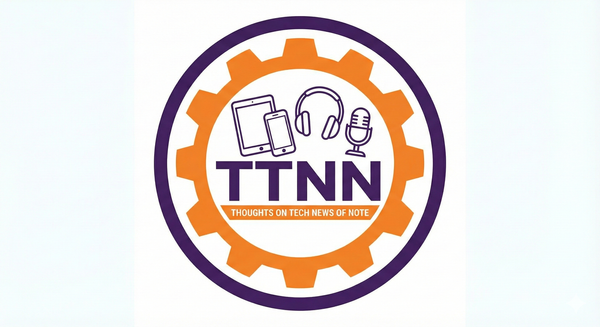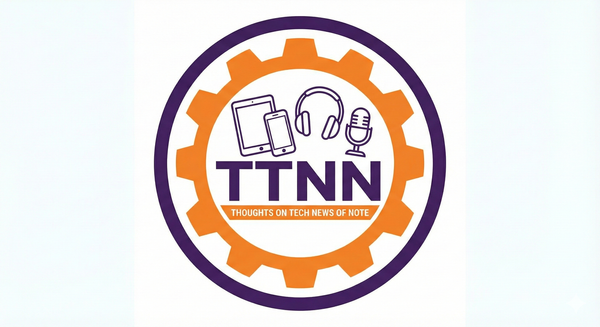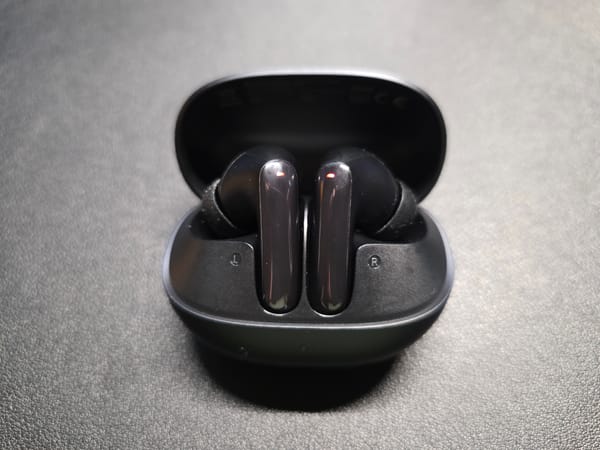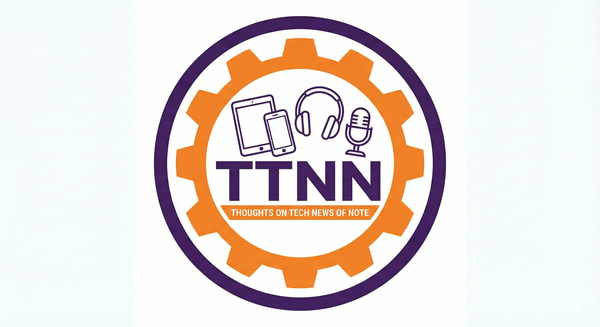The Potential Folly of the Android PC
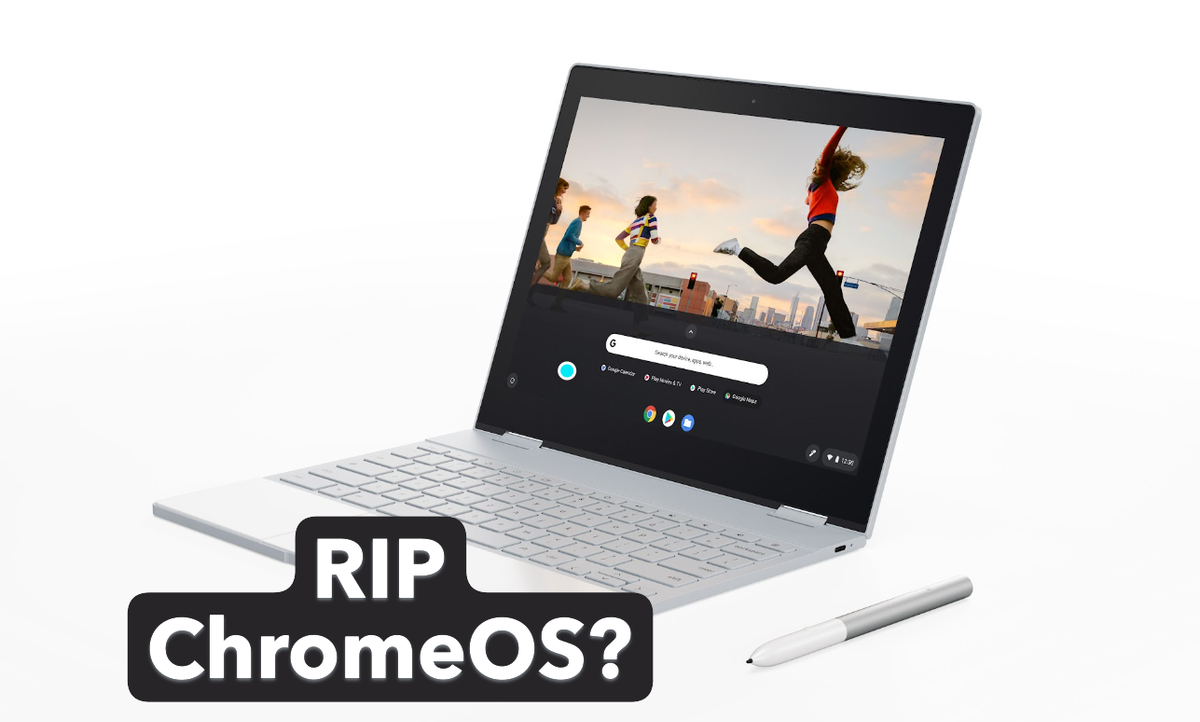
The more I think about the news that Google plans to replace the underpinnings of ChromeOS with Android, the more questions it raises in my mind. On one hand, this could start a new chapter in personal computing and change many aspects of hardware and software development for years to come. But on the other hand, it could all just end in colossal disappointment. It is so challenging with Google to know when they are really serious about something. When they put their hearts and minds to it, Google can produce amazing products and services. And I believe that Google could see great success with Android PC if they played all their cards well. Yet Google will need to put in some work if it is to be anything other than a "remember Android PC?" punch line in the years to come.
The Need for an Application Ecosystem
For everyday users, Android already has a good selection of productivity and entertainment apps. You can use a variety of office suites, browse the web (even with extensions in browsers like Firefox, Lemur, and Edge Canary), read and create PDFs, organize your data in digital notes apps and personal knowledge management systems, study, read, communicate, collaborate, play games, listen to music, watch movies, and stream all kinds of content. But when you get into creative niches such as music, video, and audio production, the pickings slim quite a bit. There are indeed apps on Android that can be used to create and produce music and video, but many of them are strictly mobile apps or limited ports of desktop apps that may or may not sync fully back and forth. Even the iPad has a few more offerings for creatives, including Apple's own products along with heavy hitters like Procreate for artists and a slimmed-down version of DaVinci Resolve for video production. These specific tablet-focused apps don't exist on Android [yet], and while facsimiles often exist, some are more reasonable than others. But if you're looking for anything like Adobe Premiere, Pro Tools, Ableton Live, or Blender, you're not going to find those specific titles on Android. And even when the Linux environment is fully functional on Android, there will still be a lot of apps missing for an Android PC. In order for Linux to be truly viable as a software platform for Android PCs, Google needs to ensure that it is easy for everyone to discover and install Linux apps. An Android-PC-specific Linux app store would open doors for people who aren't comfortable with the terminal. Google could have Editor's Choice picks like they have in the Play Store and allow people to leave reviews that are specific to using those apps on Android PCs. And for those who are familiar with the terminal, it needs to be easy to install Snap and Flatpak. It is possible that if Android PCs take off and begin to peel away users from Windows that some Windows (or Linux) developers will make apps for Android. And some developers that already support Android with mobile-focused apps may expand their existing apps and add offerings designed to take advantage of a larger screen laptop or desktop environment with mouse, keyboard, and pen support. Perhaps we could see better Adobe support and expanded features for other apps that are already on Android. It's also possible that some iPad exclusives could make the jump if more professionals and creative types begin using Android devices for their professional and creative work.
The Need for Better Hardware Support
One of the biggest challenges facing developers when it comes to Android is hardware. The variety of devices running Android is both a blessing and a curse. From a consumer perspective, there are devices at all price points and in several different form factors. But this makes it more difficult for developers who are then faced with an array of screen sizes and resolutions, chipsets and processors, input and output devices, and all manner of RAM, storage, and connectivity permutations. Although there are now multiple iOS and iPadOS devices, the selection is still limited, and developers know what they are going to get. No such standardization exists for Android. Now, I do think this is something that can be overcome as Windows devices also come in a wide variety of formats and configurations. Perhaps standardized drivers or "universal" plug-in systems for things like printers and audio/video devices could help. Some of this could be built into Android but others might require Google to work with other hardware and software suppliers to devise approaches that will work successfully across a spectrum of devices. Basic things like multiple monitor support and more comprehensive support for basic computing peripherals like USB/Thunderbolt hubs and printers needs to exist in Android so manufacturers can plug into a well-documented system for hardware extensions as they do today for Windows. Now to be fair, it is true that not all things are currently perfectly plug-and-play today for ChromeOS, but things like hubs, printers, and multiple monitors work better there than they do on current versions of Android. Google needs to bring Android up to at least the level of support that ChromeOS already has, but the goal should be that an Android PC can use the same peripherals and devices that the average Windows PC can handle.
Android PCs should also integrate well with Android phones. I'm imagining something like "Link to Windows" that allows Windows PCs and Android phones to share data in multiple ways. If both devices are on the same platform, ideally the integration should be even tighter. In some ways, the integration with my Samsung phone and my Windows PC is better than what I have with my Pixel phone and my Chromebook. I have a bit more flexibility in how I run my phone apps on my Windows PC than I do on my Chromebook and notifications from my phone feel a bit more organically presented in Windows. In theory though, because an Android PC and an Android phone should be able to run the same apps (for the most part), mirroring apps and notifications from a phone to an Android PC might be less of an issue from the start. The real advantage of running apps from your phone on your Windows PC is that most of your Android apps aren't available on Windows, especially now that Microsoft is no longer supporting Windows Subsystem for Android. This wouldn't be an issue for Android PCs. The real benefit of moving from a phone or small tablet to a larger laptop or desktop form factor is having more real estate and potentially more power for more complex tasks. Google's current ventures in ensuring Android developers make their apps responsive and usable on larger screen sizes will be very helpful for Android PCs, but there remains a need for apps that take will take advantage of the increased capabilities of new hardware with more powerful chipsets and more robust performance.
The Need for Better Marketing
Ultimately, a lot of the success of Android PC depends on Google's goals and how well they do at articulating their vision, so consumers understand the intended value proposition. If Google's goal is for Android PC to be nothing more than a newer version of what Chromebooks are today, then the market remains education and devices that many will consider to be limited computing options at more affordable prices than Macs or high-end Windows PCs. Google doesn't do a lot of marketing for ChromeOS today. It seems to be fairly well understood by most that you probably don't buy a Chromebook by choice unless you want something cheap and simple for basic computing tasks. But if Google has any aspirations of Android PCs being more capable and powerful than the average Chromebook, they will need a competent and comprehensive marketing campaign so that people know that Android PCs are something new and perhaps something exciting that they might want to put on their shopping list when they're looking for their next computer. And Google needs to thread the needle in such a way that they do not antagonize Microsoft by going after Windows PCs too hard because ultimately, I don't believe Windows is really the true nemesis of the Android PC even though they may be going after very similar customer groups. The true nemesis of the Android PC is the iPad. If Android PCs can do the things that iPads can do but also have the ability to do the things Macs can do when it comes to hardware and software, then Google has a compelling value proposition many consumers will understand and appreciate. Google isn't trying to sell me two $1000+ machines. I don't have to buy an iPad and a Mac because my Android PC can be both.
But all of this assume Google has a true vision for the Android PC and it mirrors what I'd want one to be. It is possible that Google's aspirations are completely at odds with my own. Hopefully, with time, Google will tell us why it's gone down this road, where they believe the road leads, and why we should undertake that journey with them.
